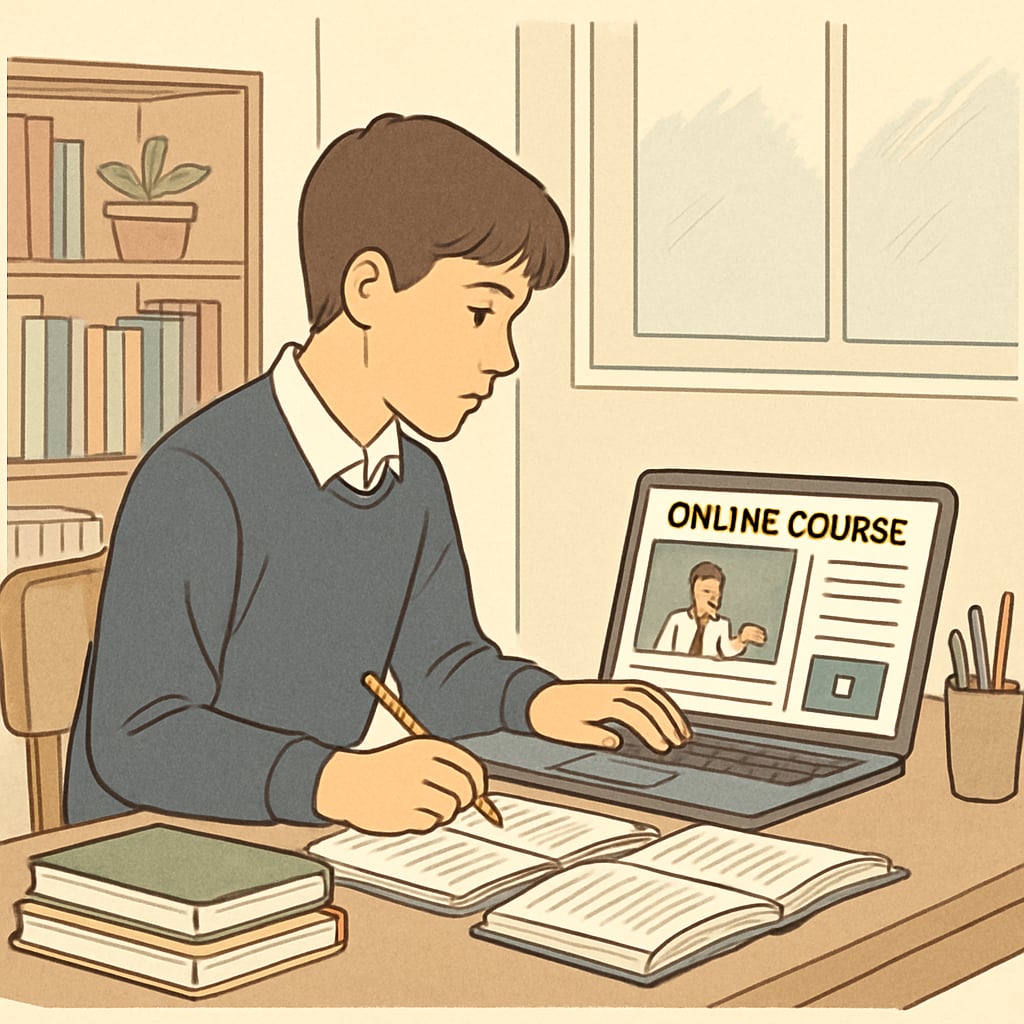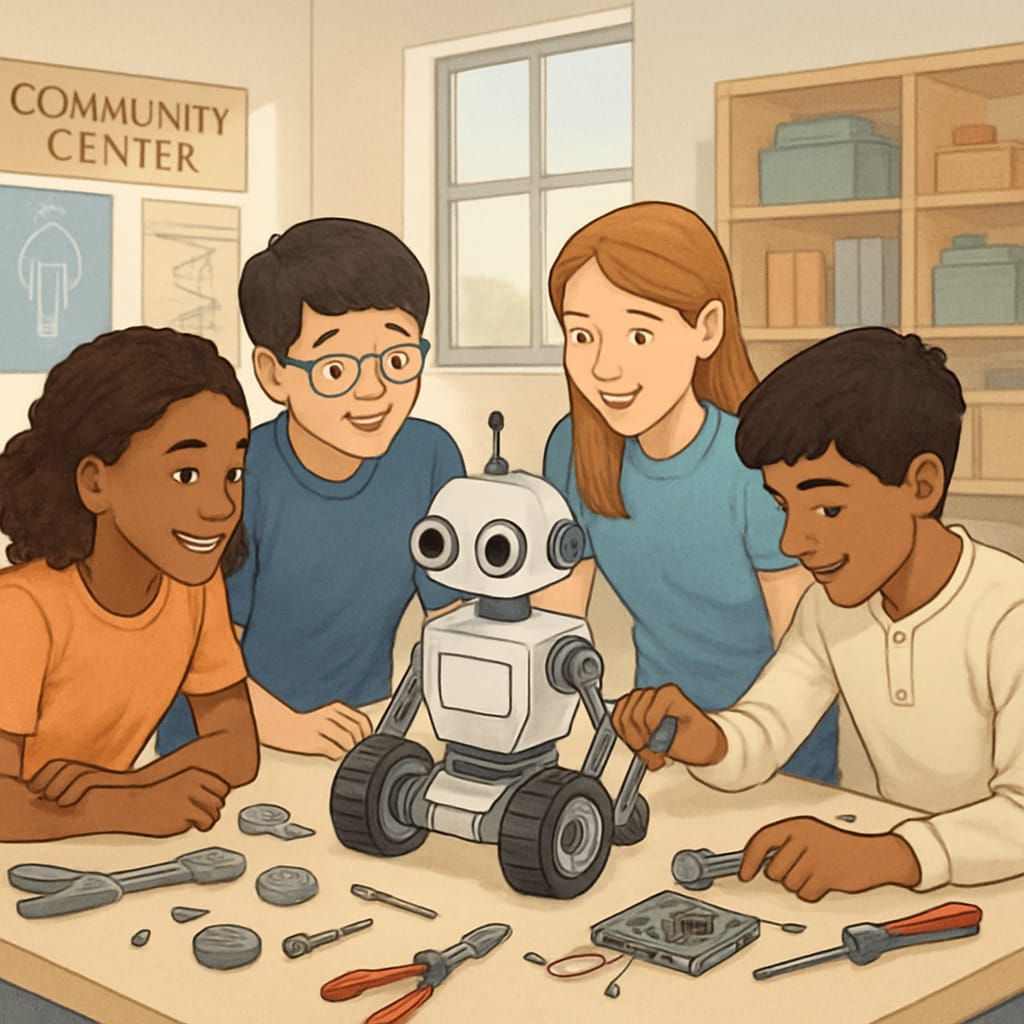For high school students approaching their final year, finding the right extracurricular education resources can be a game-changer. These resources, such as online courses, community programs, and university prep classes, help students expand their knowledge and skills beyond the classroom. In today’s competitive world, exploring extracurricular learning opportunities is not just an option but a necessity for personal and academic growth. This guide will outline multiple pathways for students to discover and leverage these resources effectively.
Online Learning Platforms: A Flexible Route to Knowledge
Online platforms have revolutionized how students access education. From free courses offered by institutions like Coursera to advanced certifications on edX, these platforms provide a wide range of subjects tailored to different interests and skill levels. For instance, students interested in STEM can explore coding courses, while aspiring writers may find creative writing workshops invaluable.

Key benefits of online learning platforms include flexibility and accessibility. Students can learn at their own pace, balancing their school responsibilities with extracurricular learning. Additionally, many platforms offer forums and communities where learners can interact with peers worldwide, enriching the educational experience further.
Community Programs and Workshops for Hands-On Learning
Local community centers and organizations often host workshops and programs that cater to high school students. These can include public speaking clubs, robotics workshops, or art classes. Such programs provide hands-on learning opportunities that complement academic studies. For example, a robotics workshop could enhance problem-solving and teamwork skills—both essential for future careers.

To find these programs, students can check community bulletin boards, libraries, or online event platforms like Meetup. Participating in these activities not only builds skills but also fosters connections with mentors and peers who share similar interests.
University Prep Courses: Bridging the Gap to Higher Education
For those planning to pursue higher education, university prep courses are a valuable resource. Universities often offer pre-college programs that allow high school students to experience college-level coursework. These programs, available both in-person and online, help students build academic skills and explore potential majors before committing to a field of study.
Pre-college courses also look impressive on college applications, showcasing a student’s proactive approach to learning. Furthermore, they provide insights into university life, helping students transition smoothly into the next phase of their academic journey.
Tips for Maximizing the Benefits of Extracurricular Education Resources
To make the most of these opportunities, students should:
- Set clear goals for what they wish to achieve through these resources.
- Research and compare programs to find the best fit for their interests and schedules.
- Seek feedback from peers or mentors who have participated in similar programs.
- Maintain a balance between schoolwork and extracurricular activities to avoid burnout.
By adopting these strategies, students can ensure that their investment in extracurricular learning translates into tangible results.
Conclusion: A Holistic Approach to Growth
Extracurricular education resources, such as online platforms, community programs, and university prep courses, offer high school students the tools they need to excel academically and personally. These opportunities not only enhance subject knowledge but also develop critical life skills like time management, teamwork, and adaptability. By exploring these resources strategically, students can set themselves up for success in their academic and professional futures.
Ultimately, the key to success lies in taking the initiative and embracing lifelong learning. Start with small steps, explore your interests, and unlock your potential with the vast array of resources available today.


